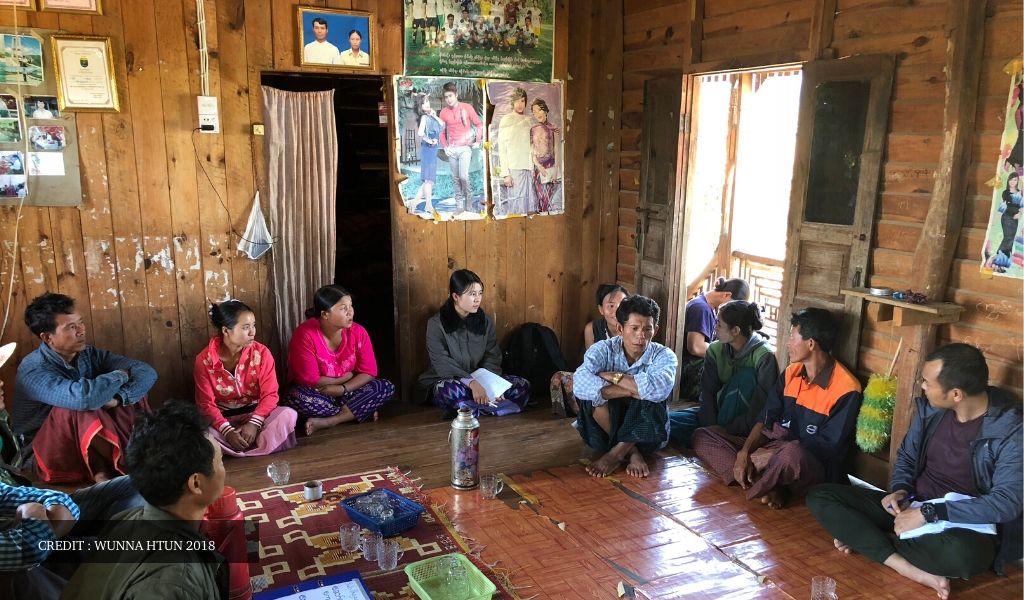The World Bank, one of the world’s largest sources of international development funding, committed to being more accountable to beneficiaries with the launch of its Strategic Framework for Mainstreaming Citizen Engagement six years ago. So, are its projects now more citizen-oriented? Will its citizen engagement standards make a difference as the Covid-19 pandemic imposes increasing restrictions on civic space and engagement? New analysis suggests that now, more than ever, further work is needed to ensure World Bank accountability to the public.

The Citizen Engagement concept and Strategic Framework are outcomes of more than 45 years of evolving approaches to engagement between the World Bank, government and civil society. What makes the current citizen engagement commitments distinct from prior approaches is the claim that including beneficiary feedback is no longer optional. The World Bank touts that by meeting these citizen engagement requirements, its projects are more “citizen-oriented”. However, more realistically, such standards merely establish a minimum threshold for citizen involvement rather than transforming projects so that they are fundamentally oriented to citizens’ specific needs and perspectives.
All the same, given the Bank’s clout, influence, and the proportion of development assistance it administers, if its projects consistently meet higher citizen engagement standards, they potentially can protect and foster the contribution of citizen voice to development effectiveness. Is that enough?
This is further complicated by the current context of the Covid-19 pandemic, with, on the one hand civic space that has closed further, and, on the other, an expansion of aid assistance, including US$12 billion so far in emergency loans and grants from the Bank.
New analysis suggests further work is needed to ensure World Bank accountability to the public
The Accountability Research Center (ARC) reviewed citizen engagement in World Bank project design for 57 projects in Mozambique, Myanmar, Nigeria and Pakistan, as part of the Action for Empowerment and Accountability (A4EA) research programme. As part of this, ARC developed a new and original assessment tool to identify the nature of the World Bank’s commitments to citizen engagement.
The analysis found that, while most projects exceed the World Bank’s minimum citizen engagement design requirements, most only describe their plans in general terms. Few explain how commitments will be implemented or how any feedback collected would inform project designs and operations. Furthermore, there is a significant discrepancy between plans to deploy citizen engagement mechanisms and commitments to proactively make the results public.
The indicators projects use to monitor citizen engagement are so narrowly framed that the limited results that they capture do not meaningfully inform the public about the nature and impact of civic involvement. For example, while 91% of selected projects committed to setting up grievance-redress mechanisms, less than a quarter also committed to reporting results to World Bank management, and even fewer to disclosing results publicly.
This means key information about this commonly utilized engagement mechanism—including fundamental data about the nature of complaints and how, or even whether, they are resolved— will most likely be inaccessible to the public. This underscores the Bank’s limited transparency and public accountability goals and poses a threat to the ability of citizen engagement to achieve accountability outcomes.
“For powerful development agencies to invite voice without teeth – or measures to protect those who speak out from reprisals – is like the sound of one hand clapping.” – tweet from Jonathan Fox, ARC
Four recommendations for the World Bank
A recently published policy briefing offers four recommendations:
- Provide more explicit support to strengthen the enabling environment for citizen engagement
- Project operational manuals to be made public, readily accessible and available in all national languages
- Collaborate directly with national accountability institutions to protect citizen voice from reprisals and bolster state capacity to address accountability failures
- Systematically link the citizen engagement agenda with the Bank’s new Environmental and Social Framework as these are mutually reinforcing.
Find out more
- Download our policy briefing (English, Spanish)
- Download our Working Paper
Stay up to date with A4EA programme by following us on Twitter and signing up to our newsletter.